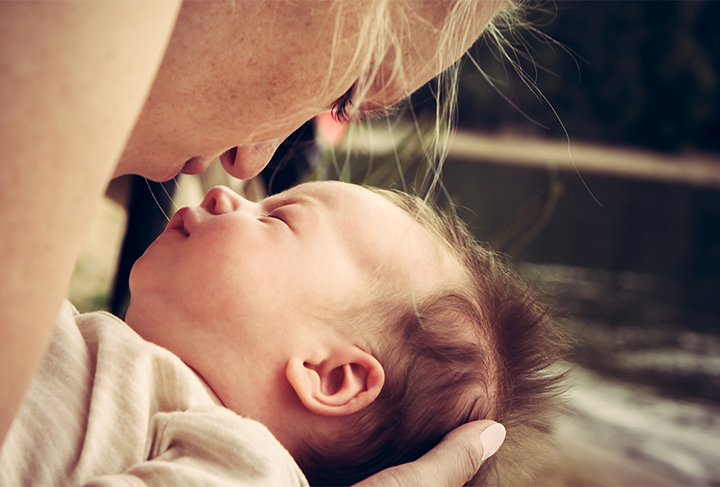
Are Sippy Cups Bad for Teeth?
- Home
- Services
- Service Lines
- Children's Care
- Dental Care for Children
- Are Sippy Cups Bad for Teeth?
Sippy cups are easy to love. They don’t spill, they are super easy for baby to use, and they are a perfect bridge from the bottle or breast to a “big kid” cup.
In recent years, however, there’s been a bit of a sippy cup backlash as experts from various fields weigh in on the negatives of sippy cups, especially as they relate to tooth care and dental hygiene.
Tooth Decay in Children
Many parents fill them with juice or sweetened beverages, which encourages tooth decay. The American Dental Association (ADA) warns that a common cause of baby bottle-related tooth decay is “frequent, prolonged exposure of the baby’s teeth to drinks that contain sugar.”
Symptoms of pediatric tooth decay are similar to those experienced by adults, including:
- Teeth that are sensitive to hot or cold
- Discomfort in teeth after eating
- Teeth which appear discolored
- Throbbing and/or lingering pain
- Bad breath
Beyond dental health, sippy cups have also been connected to increased risk of sickness because of contamination—filled with sweet liquid and toted around with your toddler all day, sippy cups are perfect environments for bacteria to multiply. Make sure to wash your toddler’s sippy cup after every use.
Finally, many parents are concerned about bisphenol-A (BPA) in the plastic. Some animal studies have found negative health consequences in infants and toddlers exposed to BPA. If you’re concerned about BPA, look for a “BPA free” sippy cup.
To help protect your baby’s teeth the ADA recommends:
- Choosing a sippy cup with no valve. The valve may prevent spills, but it requires children to suck liquid from the cup as they would from a bottle, meaning they don’t actually learn to sip drinks.
- Only let your child drink water from their sippy cup between meals, never while in bed or a crib.
- Not allowing your child to walk around unsupervised with a sippy cup since serious mouth or teeth injuries can occur if they fall while drinking.
